Question for Our Revenue Management Expert Panel:
How do you calculate demand and room price for unique events that are new to your area (e.g., major concerts, Olympic Games, World Cup, etc.) without having historical data to refer to? (Question by Massimiliano Terzulli)
Industry Expert Panel
Our Industry Expert Panel exists out of professionals within the hospitality & travel Industry. They have comprehensive and detailed knowledge, experience in practice or management and are forward-thinking. They are answering questions about the state of the industry. They share their insights on topics like revenue management, marketing, operations, technology and discuss the latest trends.
Our Revenue Management Expert Panel
- Massimiliano Terzulli – Revenue Management Consultant, Franco Grasso Revenue Team
- Pablo Torres – Director Of Sales and Marketing, Alannia Resorts
- Diego Fernández Pérez De Ponga – Director of Revenue Management, Palladium Hotel Group
- Daphne Beers – Owner, Your-Q Hospitality Academy
- Silvia Cantarella – Revenue Management Consultant, Revenue Acrobats
- Daniel Feitosa – Revenue Management Specialist
- Fabian Bartnick – Founder, Infinito
- Nikolas Hall – Owner, N. Hall Consulting
- Heiko Rieder – Revenue Management Professional
- Sandra Gannon – Commercial Consultant, Revenue Puzzle
- Tanya Hadwick – Group Revenue & Yield Leader, SunSwept Resorts
- Ask Our Panel a Question
- Join Our Expert Panel
“The hardest part is determining the starting prices. In fact, once pickups or online visits related to the dates of the event begin to increase, the price dynamism becomes simpler and more intuitive to manage. But being able to define the best possible starting prices in the presence of an event, and without historical data about it, is a more delicate and complex operation. In fact, the risk is to start with rates that are too low and materialize too many rooms and too quickly, or too high rates that risk having to be lowered after a few months and then be raised again in a dangerous roller-coaster effect. In both cases, of course, the risk is to burn potential turnover.
The first clue is to understand the exact location where the event takes place, whether it is a congress, a concert, an important sporting event, the number of people it can potentially host or involve directly or indirectly (spectators, participants, journalists, technicians, workmen involved, etc.) and how much this number can impact demand in relation to the available offer of the destination.
Another element to consider is the impact that these similar or identical events may have achieved in different destinations in the past. The study of this data from different sources can certainly help to understand the proportions that this event will entail, to try and define the best possible rate.
It might be useful to take a look at how other similar hotels are performing, not to adapt or imitate them, but to exploit some competitive advantages in your favour. Clearly, it will be impossible to find the perfect starting rate, but the goal is to find a starting price that is as close as possible to equilibrium in a situation that will inevitably present an uncertain scenario at the beginning.
Because of this uncertainty, it is always advisable to find the right balance also in inventory management, limiting the sale to compensate for the risk of a rate that could prove to be lower than what the market would be willing to spend.”
“When a new major event comes to your city/destination, there are two options: either you host some of the organizers or participants, where you’ll have to quote based on their requests and needs, or you are a candidate to host fans or followers.
When you are in the first scenario, there is no need to calculate much, as you tend to adapt your forecast to the needs of the group, and often they take a large chunk of your inventory, leaving the rest of the inventory to do yield.
If that is not the case, it will depend very much on the type of event. We have seen in Europe how the announcement of the Coldplay Tour in 2023 has made prices surge almost as fast as demand, with tickets selling out within minutes and accommodation trying to catch up.
These large types of events tend to be announced well in advance, so what is key here is to be able to keep up the pace to that of the demand, so that rates increase as fast (if not faster) as that mentioned demand, being able, therefore, to maximize revenue.”
“These basic strategies only work when there is no data at all. If you have some data, maybe you will have more chances to correctly establish your pricing strategy.
A) PRICE – I think the best way to price your property when you don’t have enough data (like historical) to take a decision is to look at your competitors. At least try to be in the market; not so high, not so low. Try to stay in the middle because after that, the demand will position you where you deserve.
B) DEMAND – In this case, you will probably have more data to review and study similar events in previous destinations, information about the people who are going to attend the event, some forecasting done by STR or Demand360º about the city, etc. On the other hand, you have technology which will help you to preview the demand you could have for that specific event.”
“Benchmark from other similar events. Look at figures in other cities, figure out what the is client willing to pay (audience, budget), and look at competitor pricing and adaption of your public pricing or not. Is this event affecting demand in the wider range or not? From that, set your pricing strategy and monitor DAILY, adjusting where you need.”
“With the one-time events I compare different data sources: I closely monitor the booking pace week after week and cross-check the data with the external sources available. I use the benchmark forward data and observe how the destination/competition is growing and at what pace compared to mine.
When available, I look also at OTAs data on the destination as well as any digital marketing insight available such as travel intentions, searches on my booking engine and google analytics data.
Pricing-wise, I use the pricing tool to map not only the competitors’ rates but also their strategy in terms of cancellation policy and restrictions. I then give the correct input to my RMS and leverage its algorithm for the best RevPAR return.”
“STR data from other countries/cities that had similar events can help a lot. Also, incoming group demands are very insightful
For chain hotels you may have colleagues who have had similar demand during previous events
Another good action is to gather the competitors and the related companies (hotel and tourism sector) to create “group works” to support the wider environment.
Another insight (for independent hotels at least) is to contact people from cities/countries that have received these previous events to ask them for information.”
“It’s a tricky one and requires you to have done your homework beforehand on your other events. As a ground rule, see what that day is doing without an event and then overlay and compare it to days of similar events in the same venue or magnitude. In many cases, you will see that an “event” is not that different from a normal day.
Olympic Games and World Cups are different. With the world being small right now I would reach out through the network and talk to hotels that had those events before and see what they had done, i.e., what worked and what didn’t work, etc. That might not be a calculation but it gives you the strategy.”
“Firstly one has to evaluate the actual impact of the event. Is this something that solely attracts local visitors, or is this something that attracts visitors from further afield?
Secondly, the number of days, as well as the actual event (stay) days of the week of the event, will also influence your pricing decisions.
Thirdly, will this event disrupt other “regular” business that you normally have, in that expected demand is larger than city capacity?
Price gouging is a popular tactic employed when a city / town gets these one-off events. However, this tactic is not always the most successful as it sometimes deters visitors.
I recall when Copenhagen hosted the Eurovision in 2001. Properties jacked up rates by 100 – 150%, and many visitors ended up booking their stay in Malmø in southern Sweden less than 40 km from CPH. The result was that rates were dropped (too late) just before the event, and the desired high levels of occupancy were not achieved.
One also has to bear in mind that this was prior to the internet & online booking, so the reservation dynamics were a lot different to what we see today – as was the comprehension of Revenue Management.”
“For repeating events like the World Cup or Olympic Games, some RMS providers can upload pace data from other locations and feed its algorithms with it.
Nevertheless, it needs to be taken into thorough consideration that there are factors playing an important role in forecasting demand. Examples are ticket pricing, accessibility politics and macroeconomics.
The crucial moment to not miss out on yielding opportunities from new events arriving is the period when bookings start to hit the city. Often that is the day when tickets are released for purchase. Therefore it is vital for revenue managers to monitor forward-looking demand data which monitors movements from search requests for incoming flights, rental cars, hotels, etc. This is a powerful tool to stay ahead of the game.
Lastly, if not in a position to be amongst the price leaders, the public rates of the competition should be closely monitored also for periods outside of the ever-shortening usual booking window. Often it is not one single initiative that ensures fair shares during one-off events but a mix of data that needs to be aggregated and applied to the strategy of the property.”
“Each location will be impacted differently by major events. For example, a World Cup hosted over two islands is different to a World Cup split over three countries on the continent. There are no parallels to draw, really. In saying that, it would always be good to listen to venues/ locations which have previously hosted such events to understand their challenges and opportunities.
You can then translate them back to your own location. Also, major events tend to have organising sponsors, and an open communication and relationship line with them is crucial. They see search and pick-up demand, tend to know which hotels are the main suppliers and how their pick-up is going etc.”
“Typically I think it’s about looking at what demand is anticipated to be generated in the area and the capacity within the market. If the anticipated demand for the event will lead to an influx that the market can’t accommodate, then prices can be increased. However, it needs to be tempered with what the consumer is willing to pay and what the rest of the market is anticipating.
If the demand is only for one night, then pricing high for one-night stays but offering good value for an extended stay will often pay dividends and stop a peak.”
Ask a Question & Join Our Expert Panel
Would you like a question to be answered by our Industry Expert Panel? Or would you like to join our community of experts and share your experience, insights, and knowledge with fellow industry professionals? Via the buttons below you can submit a question or submit a request to become part of our expert panel.
More Tips to Grow Your Business
Revfine.com is the leading knowledge platform for the hospitality and travel industry. Professionals use our insights, strategies, and actionable tips to get inspired, optimize revenue, innovate processes, and improve customer experience.Explore expert advice on management, marketing, revenue management, operations, software, and technology in our dedicated Hotel, Hospitality, and Travel & Tourism categories.












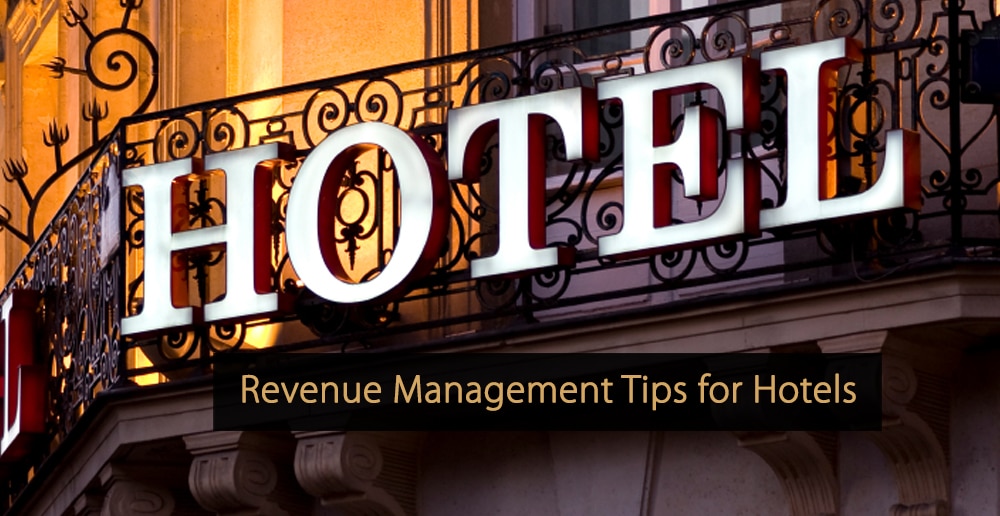
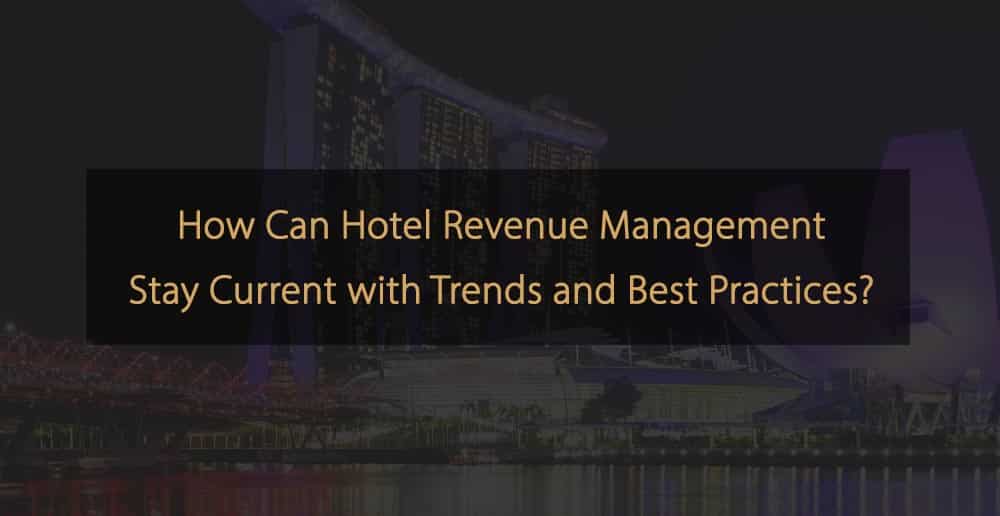
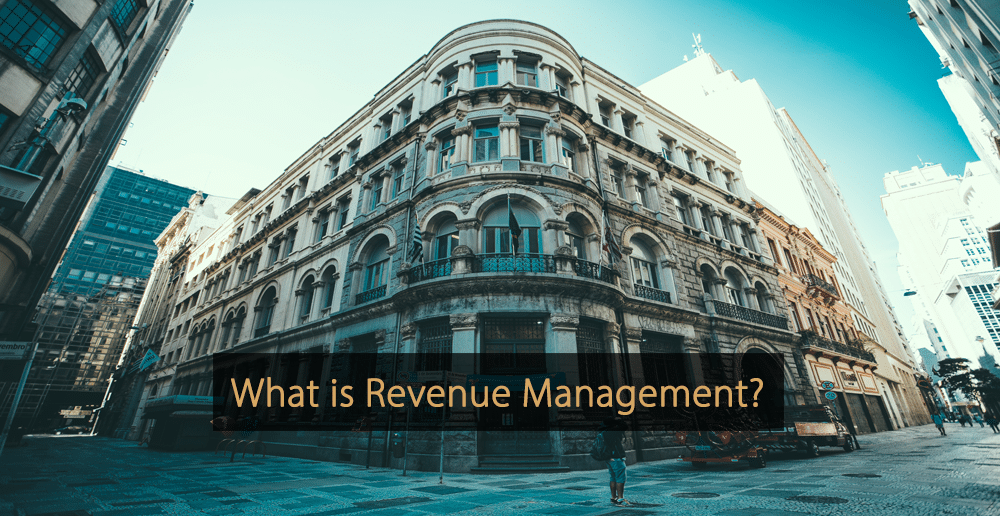
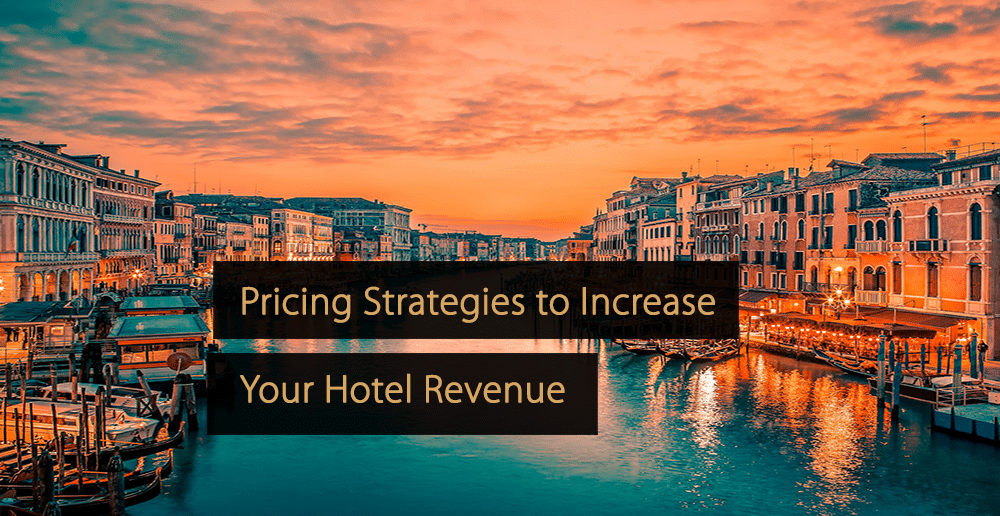
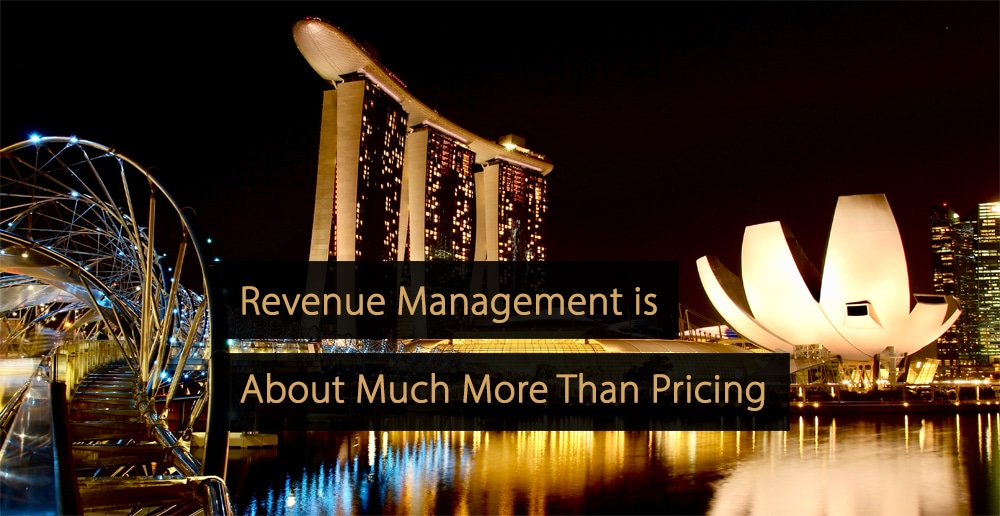
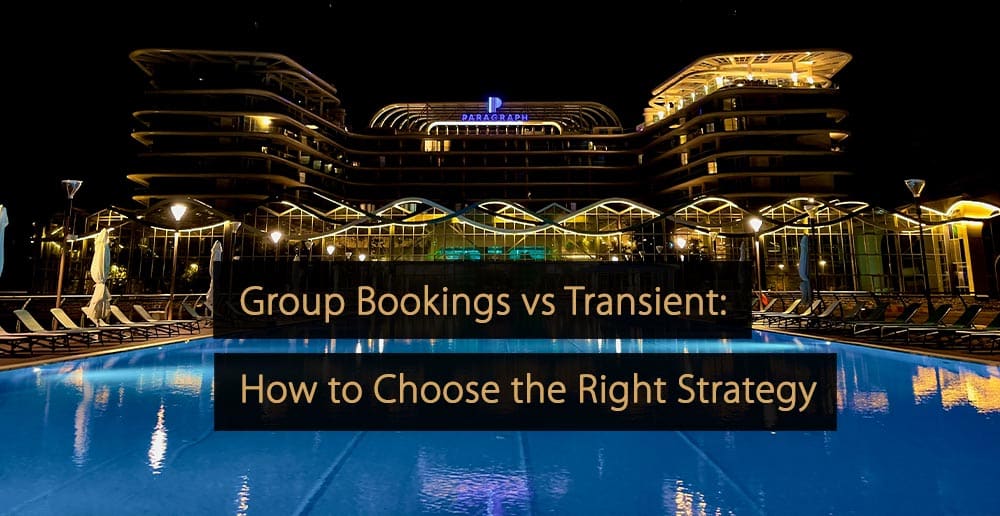
The article provides clear and concise guidance on identifying demand factors and using them to calculate optimal pricing strategies, as well as practical tips for testing and refining these strategies. I particularly appreciate the focus on creativity and flexibility in adapting to unique event contexts, which is crucial in the ever-evolving events industry.